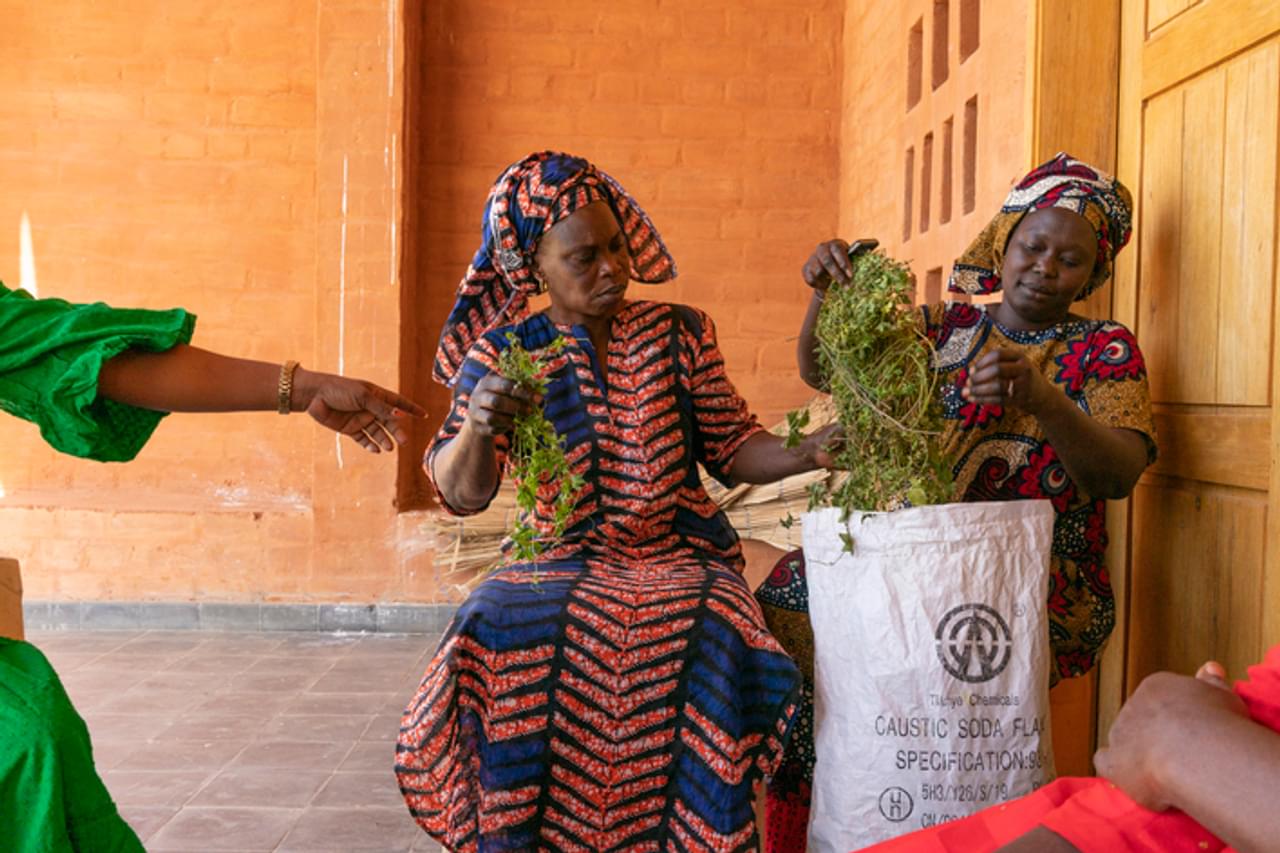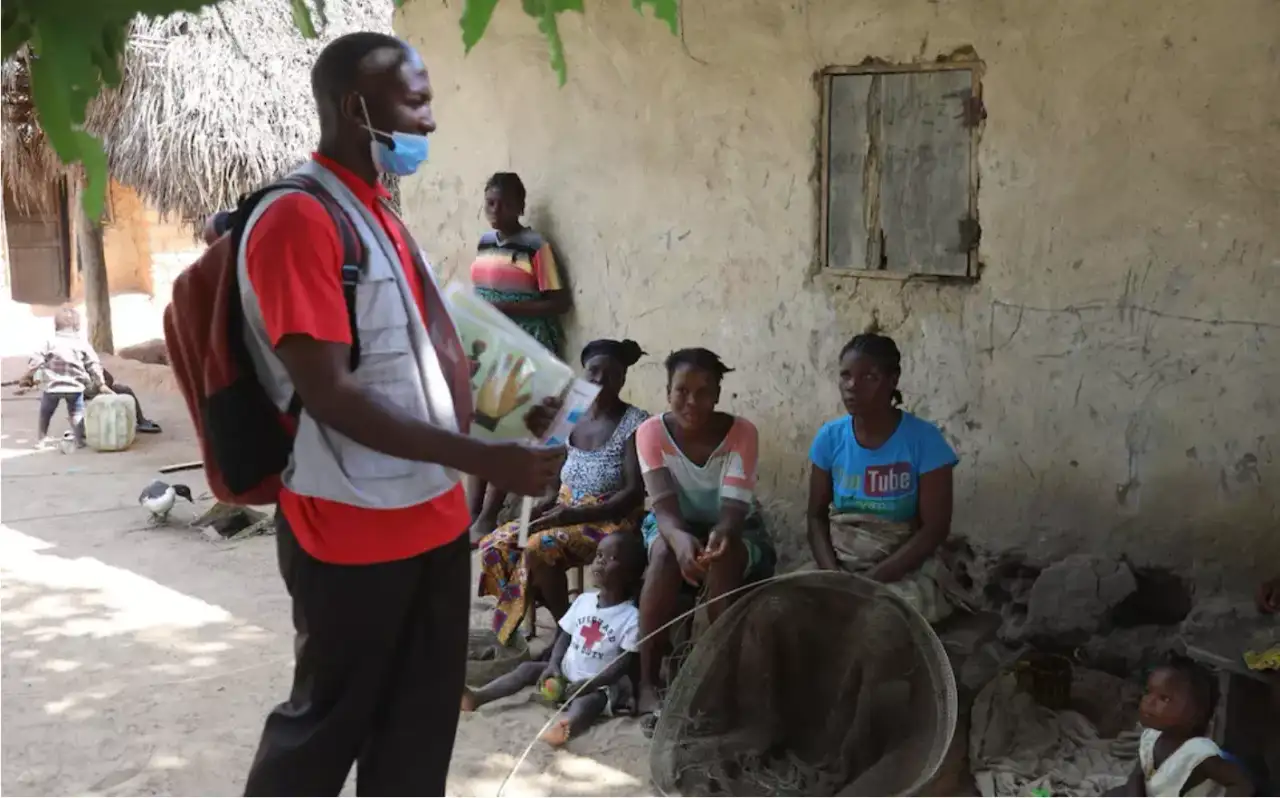
Insights
Inspiring reports: The Global Health Security Call grantees

Explore the impactful reporting projects on critical health security cases.
Marjan Tillmans will speak at the Global Health Summit on Global Health Reporting. The session is taking place on October 16 at 9:00 CEST. Registration for the Summit is still open.
"The panel will explore which challenges journalists around the world have been facing during the past health crisis, which support structures might be needed to train them, and which international global health reporting grants could serve as a financial source for comprehensive research."
In our previous post, we reported on how mainstream media is struggling with financial and time limitations, which inhibit their ability to achieve extensive field research. Therefore, they are increasingly turning to freelancer specialists to cover central topics, challenges, and solutions. However, these freelancers often face the barrier of insufficient financial support for performing in-depth field research and publishing their results.
A main and pressing topic that requires comprehensive coverage is global health. The world has been faced with various global health crises and emerging issues, underlining the urgency of keeping global health security at the forefront of public discourse. It is crucial to urge European governments to prioritise funding commitments in this area.
In 2021, the European Journalism Centre ran the Global Health Security Call, aiming to offer grant funding and research prospects to freelance journalists focusing on global health security through solutions journalism approaches. In the initial phase, €100,000 worth of grants were awarded to 12 journalistic projects.
Below, we present to you the second selection of these impactful projects:
Can blind Medical Tactile Examiners become a para-health force for early breast cancer detection in India?
Studies have proven that in the absence of visual information, the brains of blind people can develop heightened sensitivity. In her BBC Future article, Priti Salian describes how India is making use of blind women to detect early-stage breast cancer. MTEs, a new and emerging profession for blind and visually impaired women in India and Europe, can catch lumps as small as 6-8mm and that is less than the 10-20mm lumps that many physicians without a visual impairment can find during examinations.
An impact solution for the prevention of waterborne diseases in Kenya
SODIS, a simple and inexpensive method of water disinfection based on the use of the sun’s ultraviolet rays and high temperatures, helps in the fight against lack of clean water. PET bottles are placed on rooftops or somewhere directly facing the sun for at least six hours to kill germs and diseases. The water is then adequate for consumption.
Sabrina Lorenz and Bob Koigi researched this solution in Kibera, Kenya and concluded that low-cost innovations such as SODIS are offering sustainable solutions, especially in the Global South and underserved communities. Read their article in Fairplanet here.

What are adaptable, community-based solutions to one of the most pressing issues of our time: access to clean water for the underprivileged? Without the EJC funding, we would not have been able to research and find the answers in Kenya and make them available to a broad public.”
-– Sabrina Lorenz
The Kissing Bug: in South America, a race to find every last case of Chagas disease – before it spreads
In her article for The Telegraph, Catherine Davison explores how in Colombia they are looking for solutions to diagnose and treat Chagas disease, one of the world’s most neglected diseases.
Local healthcare workers are being trained to recognise Chagas symptoms and risk factors, and training sessions are being organised in small communities to teach residents how to identify and safely collect insects that they find around the home, and then leave them at a designated collection point in their village, to be picked up by health department workers. This information, along with details on what their houses are made of, how long it takes them to reach the nearest healthcare centre, and other risk factors such as whether they keep animals inside the house, helps create a comprehensive epidemiological risk map.
For the millions of people currently suffering from Chagas disease, as well as the many more projected to be impacted as it spreads to new regions around the globe, it is essential that policymakers, funding organisations and members of the public understand the impacts of the disease, as well as the potential solutions available.”
-– Catherine Davison
Choking Nigeria
Nigeria is among the top flaring countries in the world, burning off gas in a process that exposes local communities to health risks. Stopping gas flaring could transform the lives of thousands of Nigerians who lack access to healthcare in the south, protecting them from chemicals linked with respiratory disease, cancer and leukaemia.

Investors have started looking at ways to capitalise on associated gas that is going to waste, which could help resolve Europe’s energy crisis, but despite the opportunity to monetise excess gas, oil companies continue to flare – endangering the lives of thousands of people.
Tom Brown goes into more detail in his article for The Telegraph.
Please make a contribution today
Your support will help us continue providing the kinds of opportunities journalists tell us they rely on
Would you like to have a direct conversation about making a donation? Please get in touch.



